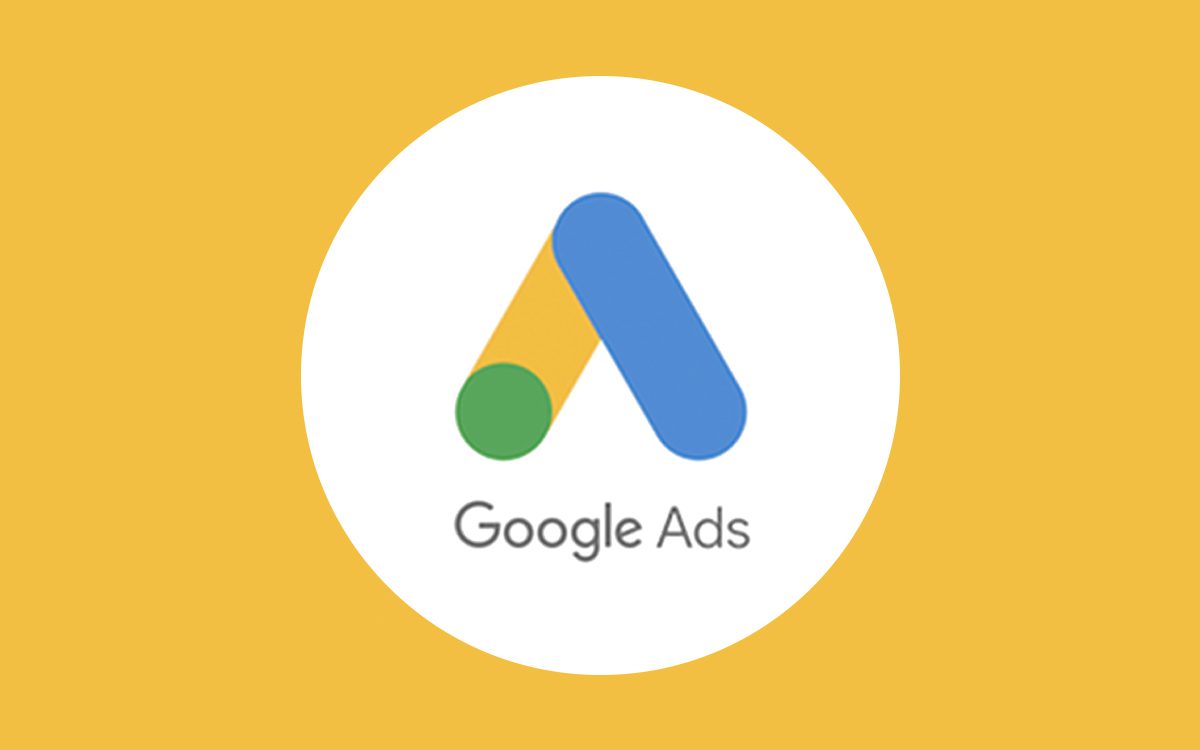Our clients have been asking us about some recent news regarding how Google defines exact match. Here’s what’s going on and what you need to know:
Broadening “Exact Match”
Exact match is a keyword match type. With exact match keywords, a business can conduct a paid search campaign and reach potential customers searching for a specific keyword that you’re bidding on; or some close variant of it.
Google recently broadening the meaning of an exact match. Google is now looking at user intent when matching a query against a keyword. As Google noted in a blog post, Google will show ads for searches that include implied words, paraphrases, and other terms with the same meaning. Here’s how Google explains the change:
Let’s say you’re marketing for a travel business. If you’re using the exact match keyword [yosemite camping], your ads may show on other terms like “yosemite campground,” “campsites in yosemite,” or “yosemite national park ca camping.”
In each case, the intent of the search still matches the original keyword: to go camping in Yosemite National Park. However, you wouldn’t show on terms like “yosemite hotel” or “best yosemite camping,” because while both refer to staying at the park, the intent is different. Instead, these terms would match to the broad match version of this keyword.
This update represents a major change to Google’s algorithm. Why the change? According to Google, roughly 15 percent of searches conducted every day are new. As a result, potential customers might be looking for products and services using terms and phrases that are not even on your radar screen. But now, with machine learning, Google can cast its net wider without advertisers needing to manage an ever-expanding keyword list.
Benefits
Both advertisers and Google should benefit from this change. Businesses should be able to reach more people using Google’s advertising products. According to Google, advertisers using mostly exact match keywords see 3 percent more exact match clicks and conversions on average, with most coming from queries they aren’t reaching today. Google also benefits by matching user queries to a broader pool of keywords – which means more clicks, traffic, and revenue for Google.
What You Should Do
I advise any advertiser to keep a close eye on your search query reports (SQRs). You may notice unexpected queries matched to your keywords. You may need to add keyword negatives to modify your campaign. All algorithm changes have an impact. So watch your reports closely and be ready to adapt as needed. If you have additional questions about exact match targeting, contact True Interactive. We’re happy to help!
